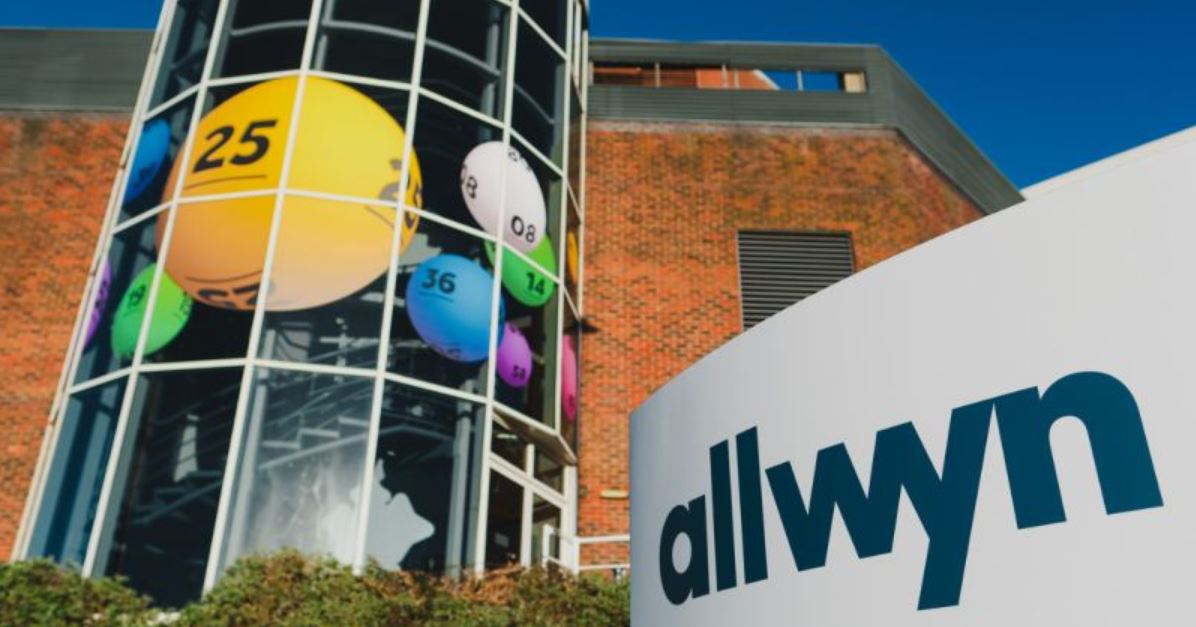
Brazilian President Luiz Inácio Lula da Silva has now made regulation in Brazil official and ratified a new regulatory framework for sports betting and igaming.
Bill 3,626/2023 was signed by the Head of State on December 30th.
President Lula’s approval came later Brazil’s Chamber of Deputies voted to approve the bill on December 21. Igaming was reintroduced into the bill after it was previously removed by the Senate.
According to reports in Brazil, President Lula vetoed a proposed income tax exemption for customer income below R$2,112 (£339/€394/$425). Net personal profits are taxed at 15%.
Brazil Regulation: Taxes
Operators are taxed at 12% of gross gaming revenue, with the majority of the total going towards sports development. The Economic Commission presented tax recommendations on November 22nd.
Under the new law, fixed-odds betting is permitted, with the country’s finance ministry responsible for regulating operators.
Licenses will be awarded for five years, with companies paying R$30 million for up to three brands – two less than previously expected.
Regulatory requirements for Brazil
Operators must offer their customers self-exclusion windows ranging from 24 hours to six weeks. They must also have a Brazilian board member who holds at least 20% of the company’s share capital.
Companies must also verify the identities of bettors – all of whom must be over 18 – using facial recognition technology.
The next steps include the publication of regulatory guidelines for operators by the Ministry of Finance. In total, more than 130 companies are reportedly interested in applying for a license.
Inclusion of iGaming after initial removal “only natural”
The inclusion of iGaming in Bill 3,626/2023 came after it was previously deleted by the Senate.
Senator Carlos Portinho’s amendment, which excluded iGaming, was initially approved with 37 votes in favor and 27 against. Nevertheless, the Chamber of Deputies retained the power to overturn this decision. It used its power to do just that.
Neil Montgomery, founder and managing partner of Brazilian law firm Montgomery & Associados, believes that the financial benefits of iGaming made its inclusion in the bill inevitable, stating: “It was only natural that iGaming was included back in the bill. “
“As such, most of the operators’ revenue comes from iGaming rather than fixed-odds sports betting, and the federal government wanted to collect as much tax as possible.”
Hugo Baungartner, vice president of global markets at Brazilian casino operator Aposta Ganha, agrees that the financial appeal of including igaming has outweighed the largely evangelical opposition.
“The government knew that iGaming was critical to its 2024 budget,” Baungartner said. “I could say it was a masterpiece on their part.
“She [opponents to igaming’s inclusion] always existed and will exist. However, you must understand that the gambling business in Brazil is a reality.
“They were, are and forever will be against gambling. Every time an attempt was made, they made a lot of noise and even called for the opposite to be done.”







